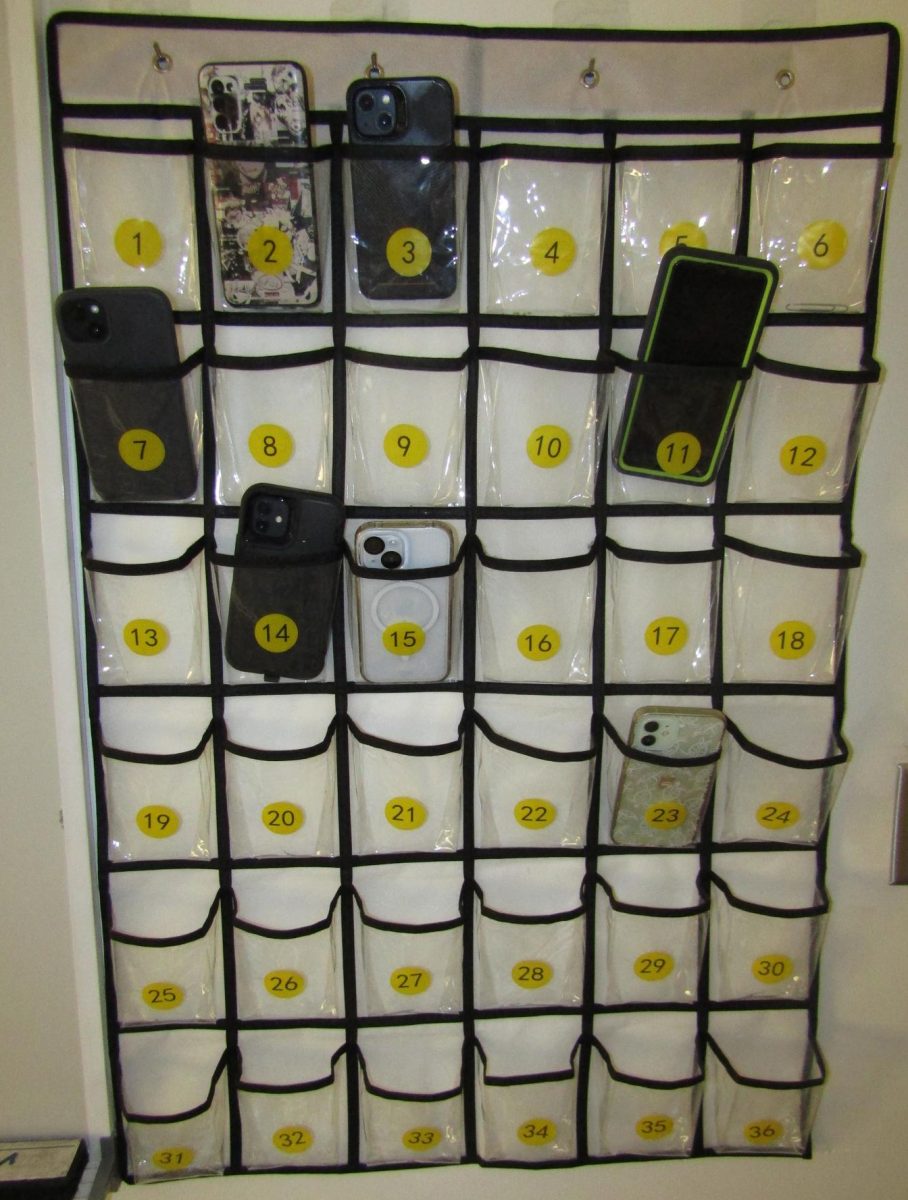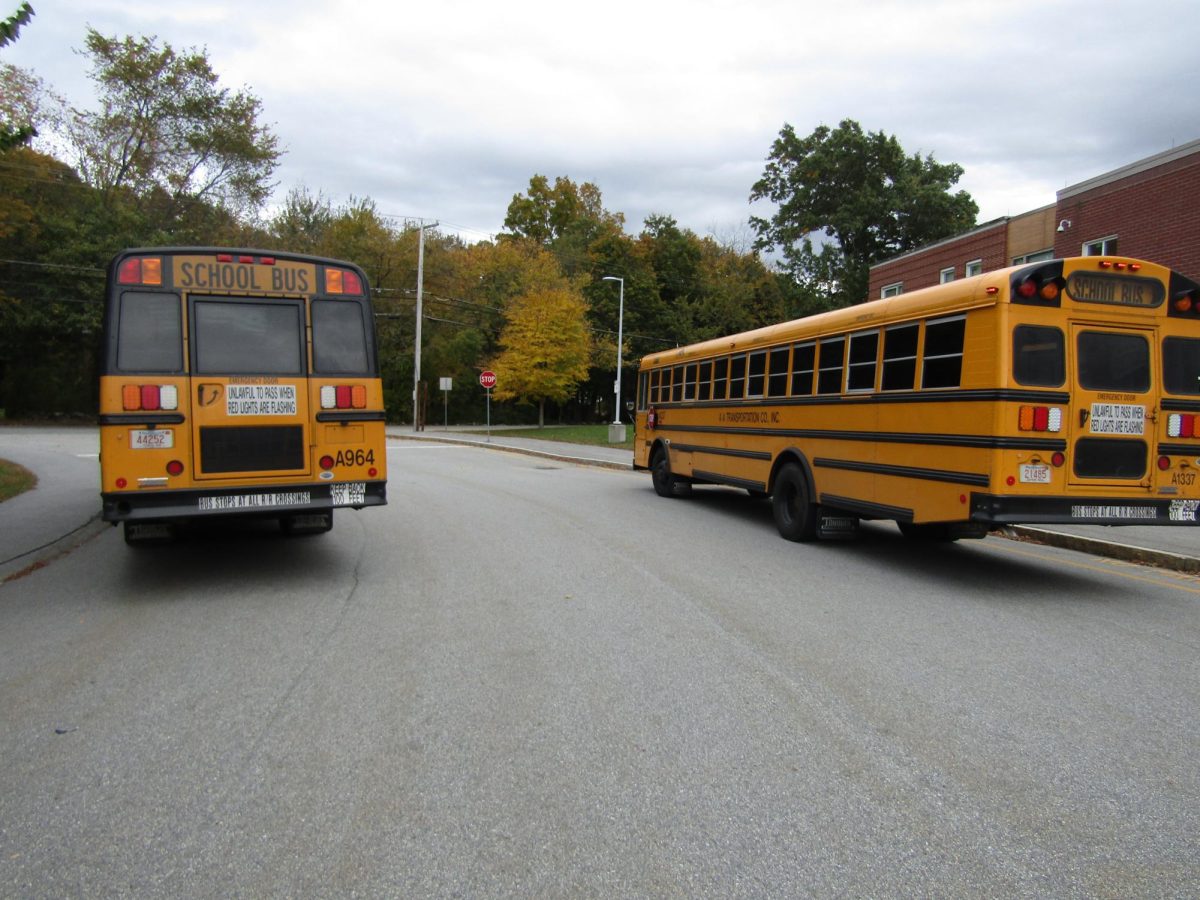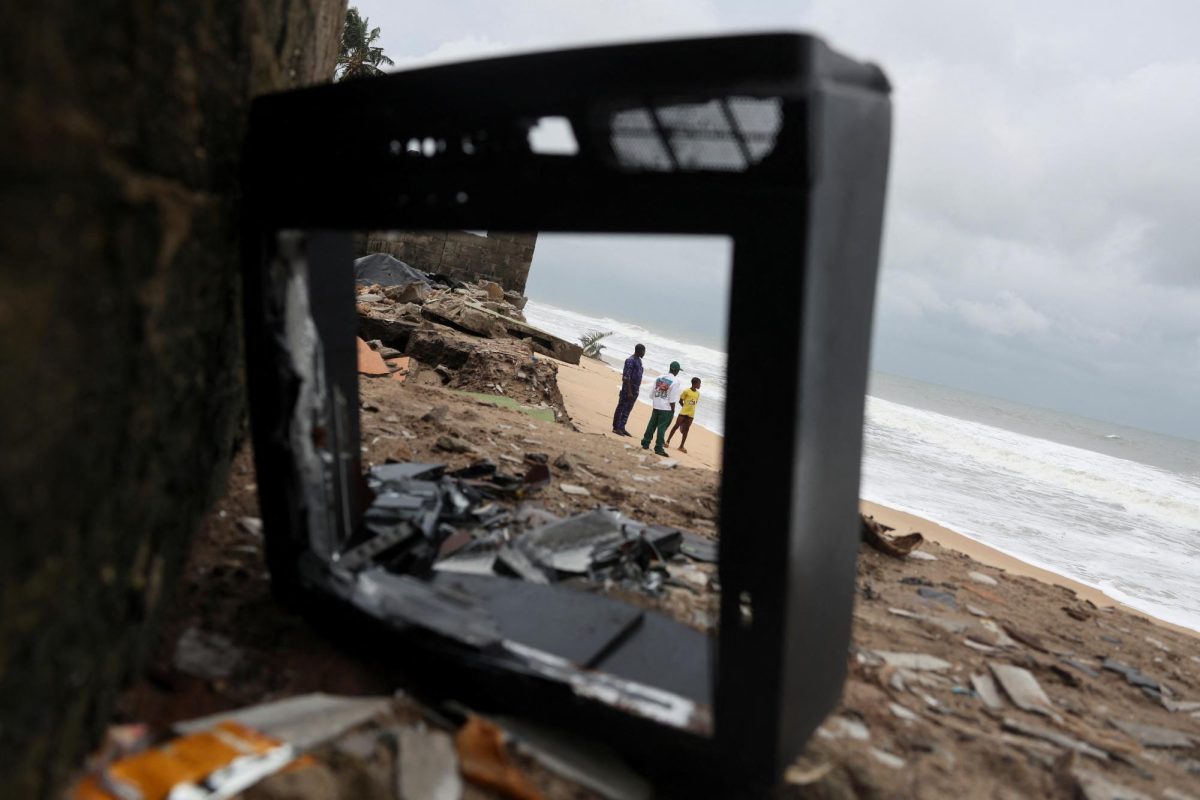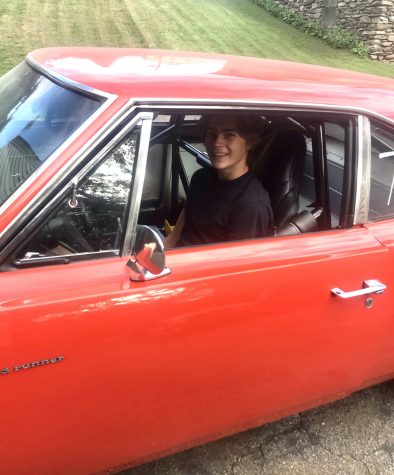Car Quality Affected by COVID
All the more reason to buy used vehicles.
April 4, 2022
There is no doubt that COVID-19 has affected nearly everything in our world. Mostly human beings, but also materialistic things have changed.
Supply changes and higher unemployment rates are the tallest hurdles for the quality of motor vehicles across the world. According to an article posted on The Guardian, “The number of cars rolling off UK production lines last month slumped to the lowest June level in almost 70 years, as car manufacturers were hit by shortages of both staff and semiconductors.” With numbers like these, car companies scramble to produce.
Quality control is often lost due to rushed production. Now more than ever you are likely to find uneven panel gaps, creaky doors, or defective electronics on your brand new vehicle.
Solutions for sick workers are often proposed in the workplace. One of these solutions is a “backup” worker that replaces the original worker. These backup workers are often not as versed with the production at the specific post in the factory. They do not have nearly as many hours of experience which is no fault of their own, but still a fault nonetheless.
Think of your engine for example, one of the most complicated and sensitive pieces of the car puzzle. Most builders go through rigorous training in order to assure a quality product, but these replacement workers only have a basic grasp on making a motor and this is why we are seeing so many issues with drivetrains in cars now.
According to the PM Law Firm, 50,024 2021 BMWs were recalled due to oil pump damage upon installation. With oil being the most vital part of the engine, things like this cannot be happening, especially from a car company held in high esteem like BMW.
Electrical shorts and fire hazards have been a huge problem in the car industry as of late. This mostly occurs where a short takes place in the system. This can be attributed to design flaws and rushed production.
Hot Cars posted an article with a list of top recall incidents of 2021. One of the most shocking is, “In March 2021, about 380,000 Kia Sportage and Kia Cadenza vehicles were recalled due to a short-circuit hazard that lingered in the hydraulic electronic control unit.” If your life could end in the seat of a burning car, it may make more sense to buy something used that is actually higher quality.
From Kelley Blue Book, one of the most regarded car appraisal sites, “The average price Americans paid for a new car topped $47,000 for the first time in December.” So while the price you pay goes up, the quality also goes down. From Energy.Gov, in 2010, the average price of a new vehicle was $24,296. Adjusted for inflation that number would be $31,325. Almost a 17,000 dollar difference and you receive a lesser vehicle.
Interestingly enough, Tesla has been receiving countless reports on their quality control. This should not be expected from a “luxury” car company who charges steep prices. Elon Musk, the owner of the company has openly acknowledged that these concerns are accurate and seemingly nothing has been done.
In conclusion, the new car market is crazy, and COVID is partly to blame. The rules on worker proximity, short handed factories, loss of supplies, and countless other factors all weigh in on what you buy and drive off the lot. A used car or anything pre 2020 is most likely the best route to go for a buyer. You will receive a better quality car and not take the hits of depreciation off the lot.




































